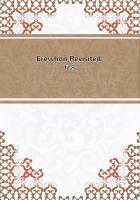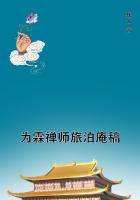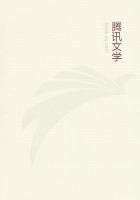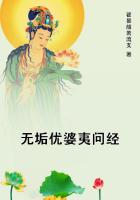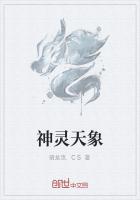I said in my first Lecture, that even if royal influence be profitable for the prosecution of physical science, it cannot be profitable for art. It can only produce a literary age, as it did in the Ptolemaic era; a generation of innumerable court-poets, artificial epigrammatists, artificial idyllists, artificial dramatists and epicists; above all, a generation of critics. Or rather shall we say, that the dynasty was not the cause of a literary age, but only its correlative? That when the old Greeks lost the power of being free, of being anything but the slaves of oriental despots, as the Ptolemies in reality were, they lost also the power of producing true works of art; because they had lost that youthful vigour of mind from which both art and ******* sprang?
Let the case be as it will, Alexandrian literature need not detain us long--though, alas! it has detained every boy who ever trembled over his Greek grammar, for many a weary year; and, I cannot help suspecting, has been the main cause that so many young men who have spent seven years in learning Greek, know nothing about it at the end of the seven. For Imust say, that as far as we can see, these Alexandrian pedants were thorough pedants; very polished and learned gentlemen, no doubt, and, like Callimachus, the pets of princes: but after all, men who thought that they could make up for not writing great works themselves, by showing, with careful analysis and commentation, how men used to write them of old, or rather how they fancied men used to write them; for, consider, if they had really known how the thing was done, they must needs have been able to do it themselves. Thus Callimachus, the favourite of Ptolemy Philadelphus, and librarian of his Museum, is the most distinguished grammarian, critic, and poet of his day, and has for pupils Eratosthenes, Apollonius Rhodius, Aristophanes of Byzantium, and a goodly list more. He is an encyclopaedia in himself. There is nothing the man does not know, or probably, if we spoke more correctly, nothing he does not know about. He writes on history, on the Museum, on barbarous names, on the wonders of the world, on public games, on colonisation, on winds, on birds, on the rivers of the world, and--ominous subject--a sort of comprehensive history of Greek literature, with a careful classification of all authors, each under his own heading. Greek literature was rather in the sere and yellow leaf, be sure, when men thought of writing that sort of thing about it. But still, he is an encyclopaedic man, and, moreover, a poet. He writes an epic, "Aitia," in four books, on the causes of the myths, religious ceremonies, and so forth--an ominous sign for the myths also, and the belief in them; also a Hecate, Galataea, Glaucus--four epics, besides comedies, tragedies, iambics, choriambics, elegies, hymns, epigrams seventy-three--and of these last alone can we say that they are in any degree readable; and they are courtly, far-fetched, neat, and that is all. Six hymns remain, and a few fragments of the elegies: but the most famous elegy, on Berenice's hair, is preserved to us only in a Latin paraphrase of Catullus. It is curious, as the earliest instance we have of genuinely ungenuine Court poetry, and of the complimentary lie which does not even pretend to be true; the flattery which will not take the trouble to prevent your seeing that it is laughing in your face.
Berenice the queen, on Ptolemy's departure to the wars, vows her beautiful tresses to her favourite goddess, as the price of her husband's safe return; and duly pays her vow. The hair is hung up in the temple: in a day or two after it has vanished. Dire is the wrath of Ptolemy, the consternation of the priests, the scandal to religion;when Conon, the court-astronomer, luckily searching the heavens, finds the missing tresses in an utterly unexpected place--as a new constellation of stars, which to this day bears the title of Coma Berenices. It is so convenient to believe the fact, that everybody believes it accordingly; and Callimachus writes an elegy thereon, in which the constellified, or indeed deified tresses, address in most melodious and highly-finished Greek, bedizened with concetto on concetto, that fair and sacred head whereon they grew, to be shorn from which is so dire a sorrow, that apotheosis itself can hardly reconcile them to the parting.
Worthy, was not all this, of the descendants of the men who fought at Marathon and Thermopylae? The old Greek civilisation was rotting swiftly down; while a fire of God was preparing, slowly and dimly, in that unnoticed Italian town of Rome, which was destined to burn up that dead world, and all its works.
Callimachus's hymns, those may read who list. They are highly finished enough; the work of a man who knew thoroughly what sort of article he intended to make, and what were the most approved methods of ****** it.
Curious and cumbrous mythological lore comes out in every other line.

